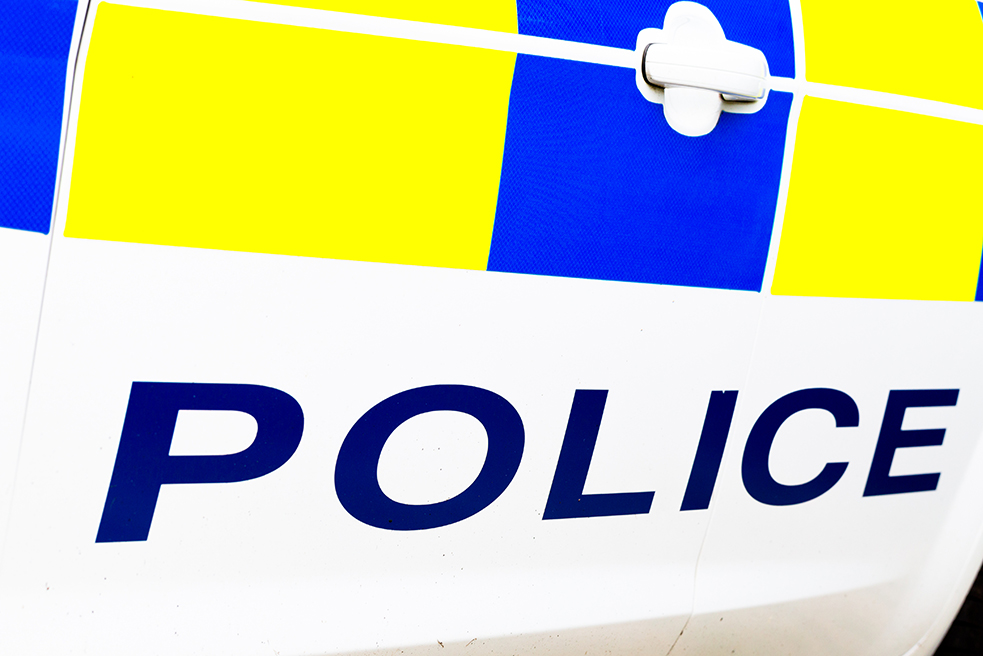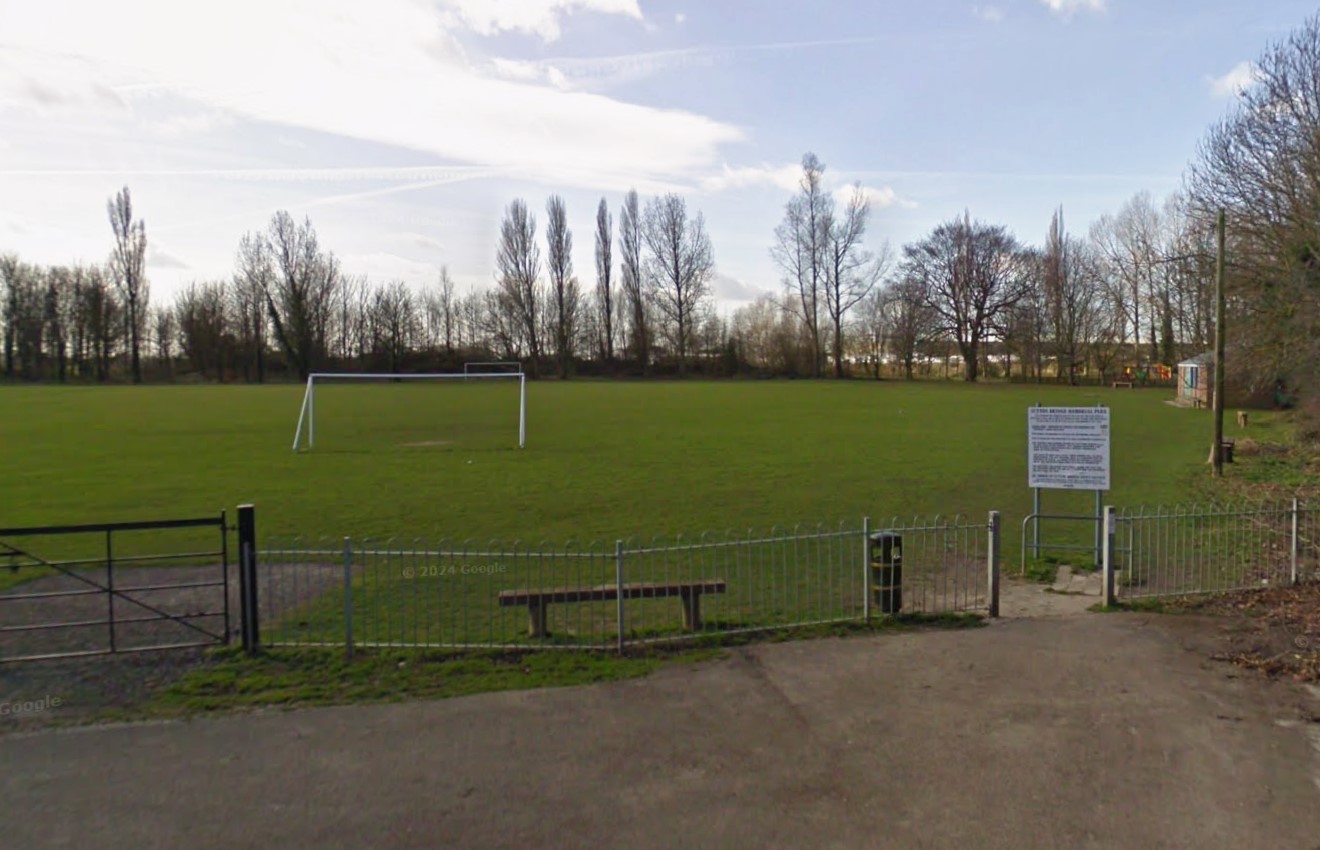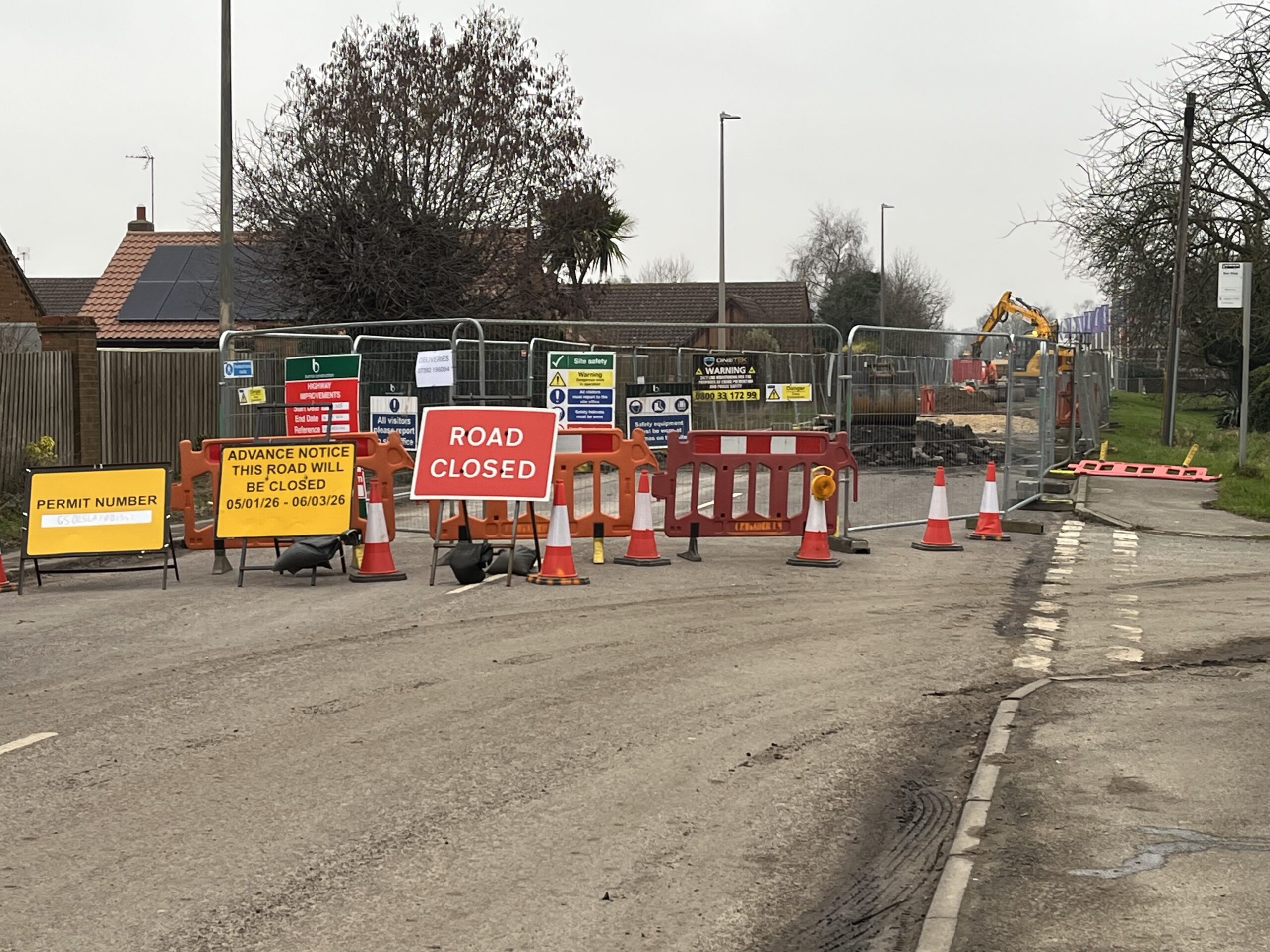After two years of preparation, a group of Spalding Grammar School students enjoyed the adventure of a lifetime, travelling through the hectic cities and dense, humid jungles of Vietnam and Cambodia.
Bag packs, sponsored walks, non uniform days, quizzes and dances were all organised to raise money towards a journey that would ultimately lead to the main reason for their trip, which was to undertake voluntary work in a Cambodian orphanage.
One of the youngsters, Bradley Stebbings, shares his story about the World Challenge Expedition.
The day before the team left for the airport, we had the chance to come into school and go through all our kit that we would carry around with us for the month.
We also were given group kit, that was mainly safety equipment and trekking essentials which only made our bags heavier.
The final thing to do from then was to make sure we knew our roles for the expedition, which included the accountancy done by Joe Croker and Josh Young.
The accommodation was organised by myself and Alfie Butler.
Finally the travel was organised by Luke Pallister and Ali Crisp.
The next day we headed to Heathrow Airport, from where our long haul flight to Ho Chi Minh City via Doha was setting off.
Arriving after the 15 hour flight, the madness of the city was something we had never experienced before.
The humidity and heat was the first thing to hit as soon as we stepped out of the airport.
Rows and rows of motorbikes everywhere, in what seemed to be organised chaos, and the noise from these bikes added to the mayhem.
The overwhelming sense of venturing into the unknown, coupled with the fact that we had arrived, was only just starting to kick in.
Ho Chi Minh City was where we based ourselves for three days to explore the city, acclimatise to the new surroundings and figure out how we were going to get to our next stop on the itinerary.
Experiencing the different lifestyle and cultures that people on the other side of the world live, was a privilege.
The different foods to try and things to buy were only a few of the many cultural differences we came into contact with.
One of the days spent in southern Vietnam was an opportunity to take a trip to the beautiful Mekong Delta.
Its overwhelming size made it look more like a sea than a river.
Its portrayal on many films you see today does not do it justice as it was an awe-
inspiring experience.
We visited a riverside coconut factory hut which made many different foods such as rice paper and coconut candy.
Further down the river, we were transferred from our large group boat to small narrow boats powered by local Vietnamese women, who took us on a magical trip through one of the delta’s narrow channels.
This led us to a fish farm on the other side of the river where we were able to get our hands and feet dirty to do a bit of mud fishing.
The fish that we caught were cooked by the locals for our meal afterwards as well.
From Ho Chi Minh City, we made our way up the coast by overnight train to the coastal resort of Nah Trang, then travelled inland to Buon Ma Thuot, where we got ready for our acclimatisation trek in Yok Don National Park.
This first trek consisted of three days, walking approximately 15km every day. The trek was the first time we came into contact with various kinds of wildlife that we had never seen before.
The highlight of the trek was the opportunity to ride on an elephant along a path through the jungle.
To be in contact with such a colossal animal was a memorable experience.
On our last night in the jungle, we were invited to a performance by the indigenous Ede tribe at our campsite.
We were treated to great music and dances from the local people and we gave them a taste of our music as Luke Pallister, who had taken his trumpet with him, gave a very well received rendition of a traditional English piece.
Making our way north to the border after the trek, we had a 12 hour cramped minibus ride on the bumpiest road ever experienced.
As Mr Lane put it, “It made the old Spalding Grammar School car park look like a snooker table”.
The journey took us into Cambodia and a five-day jungle trek in the Ratanakiri National Park.
Every day consisted of approximately 15km walking through dense jungle in very humid conditions, with the chance of it suddenly pouring down with rain at any point.
At each checkpoint at night we set up camp, had a meal, and then tried to sleep as much as possible in our hammocks.
Again we came into contact with various creepy crawlies such as tarantulas on our kit and leaches in our hammocks, but by this time we had been able to live alongside them in harmony.
As we were a small group of nine we were able to make good time on our treks and the incessant rains and swollen rivers led us to the decision to cut the trek short by a day and yet still complete the mileage.
Even though this last day was a long and physically demanding day, it allowed us to get back to the hotel and dry of all our clothes for the 18 hour bus journey to Siem Reap, where the project phase of our expedition in the orphanage would take place.
The jungle had been a very physical and mentally challenging experience for all the team, but what had been achieved left the whole group with a huge sense of satisfaction.
Siem Reap was the next stop on our expedition and the site of the ancient religious Buddhist temples of Angkor Wat where we got up early to experience the world renowned sunrise.
Our first day at the orphanage was filled with anticipation of how we were going to be helping our hosts during our time there.
As soon as we stepped on site, we were surrounded by children who were so happy to see us.
The butterflies we previously had were soon gone as the welcoming smiles of everyone there delighted to see us really broke the ice.
The leader of the orphanage, Sean Samnang, gave us a tour of the site, telling us the jobs that needed to be done and also his vision for the future.
Just by talking to this inspiring man, who has dedicated his life to the orphans, gave us the drive to do as much as we could in the short time we had.
There were three main jobs that needed to be done, these were teaching English, building and gardening.
As a group of six we split off into pairs and rotated each day around each of the three tasks.
Teaching involved different levels across the full age range of children.
Building involved helping the workers laying the foundations for one of the new classrooms being built.
Tending to the allotment was our last job.
Spending time with the kids and playing games with them was humbling but very rewarding.
During the last few days of our stay we used some spare funds, raised by Luke personally, to do something special for the orphanage.
We decided to build a pig pen and buy three piglets to go with it.
We hope with this we leave a legacy, with an ongoing source of income for the orphanage. An amazing time spent at the orphanage allowed friendships to be forged and everlasting memories to be made.
After an emotional farewell, it was time to head back to the hotel.
It was then time to head towards our last destination on the itinerary, which was Phnom Penh.
Here we visited sites connected with the genocide perpetrated by the Khmer Rouge in the late 1970s.
It was a thought-provoking and moving experience, spending time where torture and mass executions had taken place.
There was then a short time to relax in the city and do some sightseeing before the 36 hour journey back to Spalding.
The expedition was certainly a life changing experience for all involved.“







